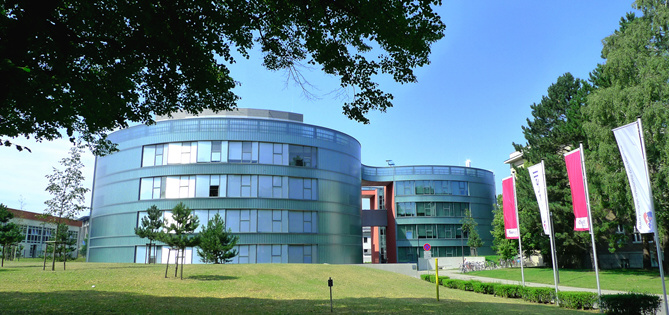AIDS. 1990 Jul;4(7):611-7.
Experimental infection of macaques with HIV-2ben, a novel HIV-2 isolate.
Stahl-Hennig C, Herchenröder O, Nick S, Evers M, Stille-Siegener M, Jentsch KD, Kirchhoff F, Tolle T, Gatesman TJ, Lüke W, Hunsmann G.
Ten rhesus (Macaca mulatta) and six fascicularis (Macaca fascicularis) macaques were inoculated with HIV-2ben using three different virus preparations and two routes of inoculation. Thirteen of the 16 inoculated macaques seroconverted 2-6 weeks after infection. Three M. mulatta remained seronegative. The seroconverted animals developed antibody titres from 80 to 40,000. Their antibodies reacted with gp160 and gp130 and, in varying degrees, with gp32 and core proteins. Virus could be re-isolated from 11 of the 16 macaques. M. mulatta were transiently viraemic 6-14 weeks after infection whereas all M. fascicularis were persistently viraemic 2-7 weeks after infection onwards. In the 6-18 months after infection one M. mulatta lost 20% of its body weight and two M. fascicularis showed transient lymphadenopathy and splenomegaly; the other animals remained clinically normal. A re-isolated virus from a M. mulatta was indistinguishable from the inoculated HIV-2ben by genomic restriction enzyme analysis. M. mulatta and M. fascicularis are infectable by a single intravenous injection of cell-free HIV-2ben. Persistent viraemia in M. fascicularis represents a valuable and reliable parameter for studies on antivirals and vaccines.

Kontakt
Institut für Experimentelle Gentherapie und Tumorforschung
Core-Facility Virale Vektor & Genom-Editing Technologien
Biomedizinisches Forschungszentrum
Schillingallee 69
D-18057 Rostock
Sekretariat
Ingrid Winkler
(+49) 381 494-5066(+49) 381 494-5062
ingrid.winkler@med.uni-rostock.de
Department Leben, Licht & Materie
Forschungsbau LL&M
Albert-Einstein-Str. 25
D-18059 Rostock
Forschungsbau LL&M
Albert-Einstein-Str. 25
D-18059 Rostock




